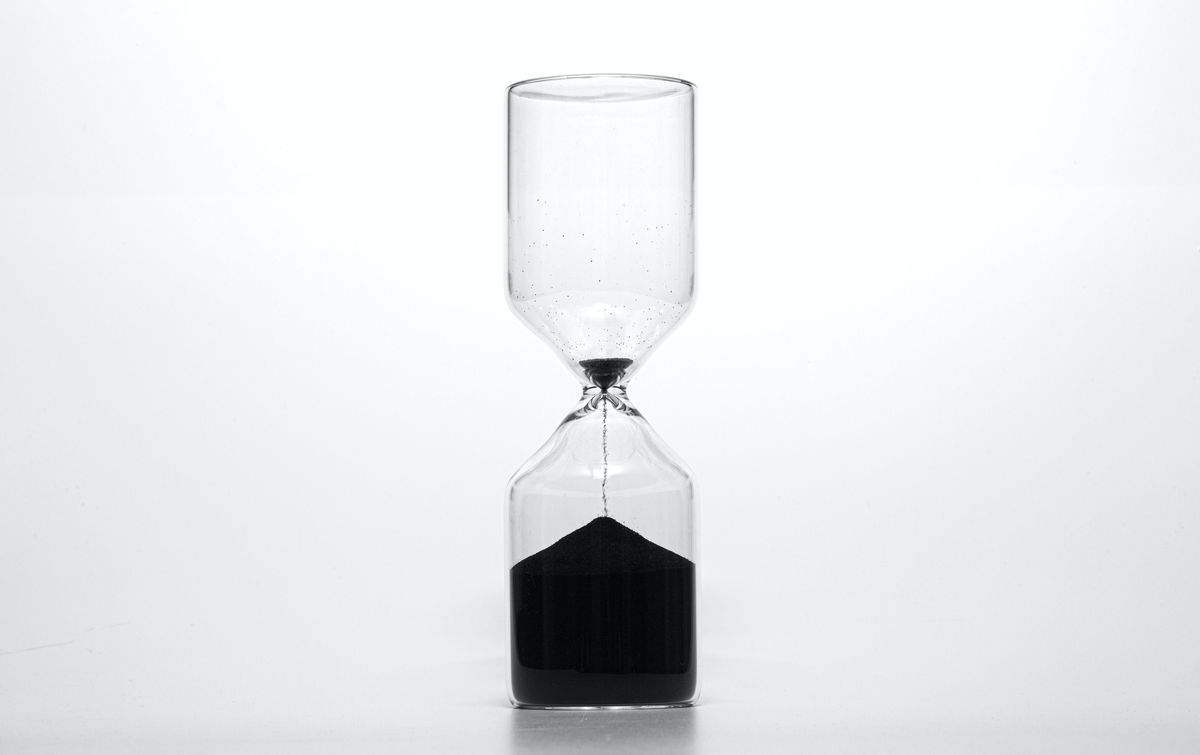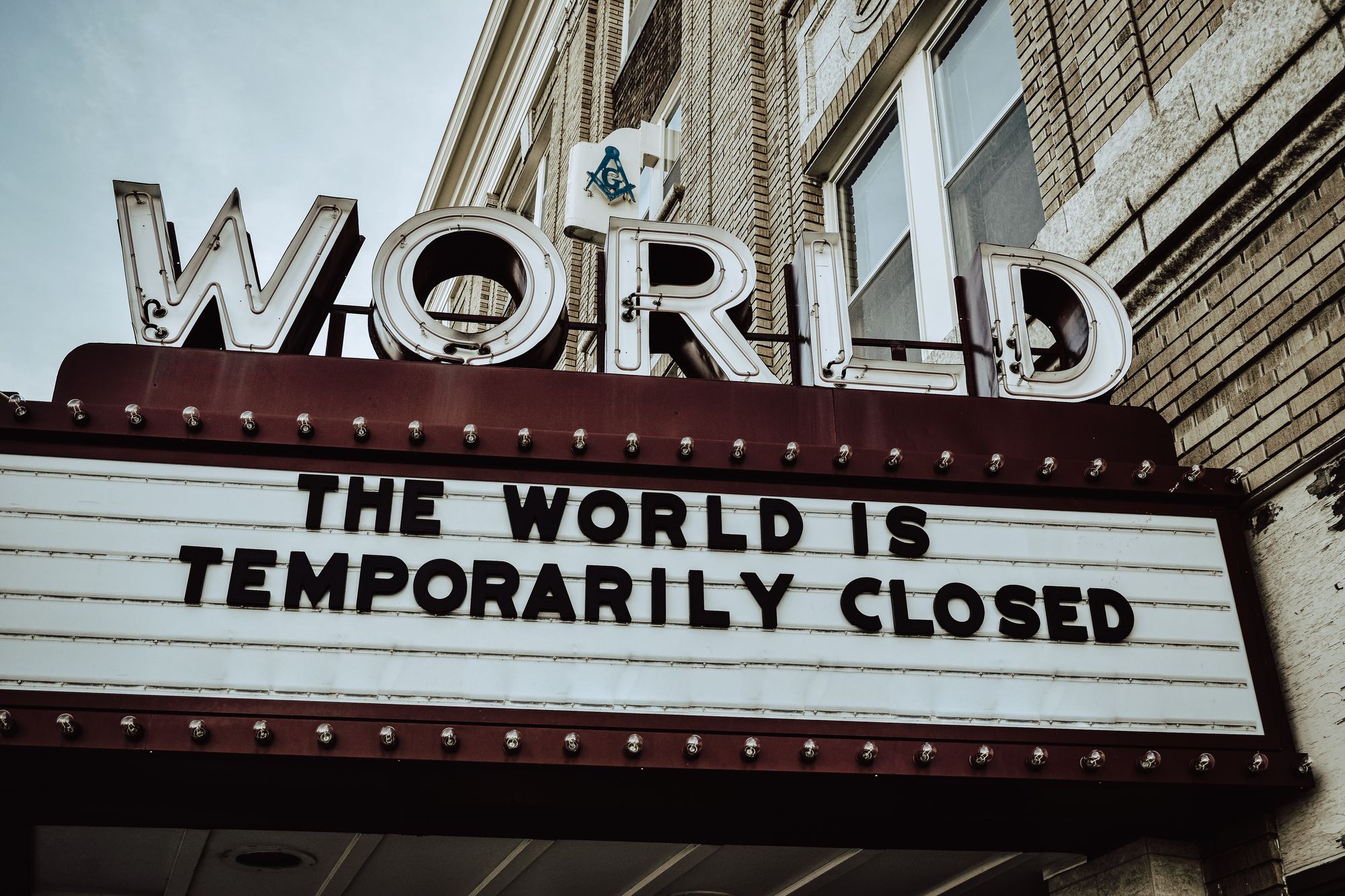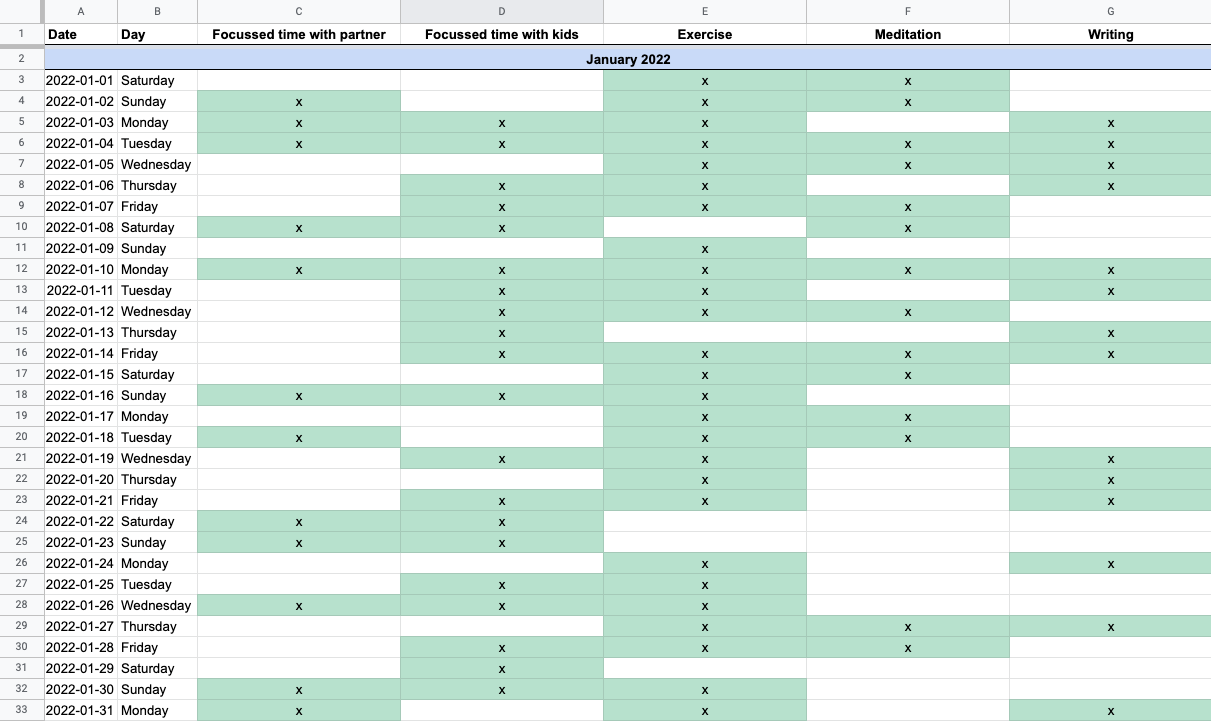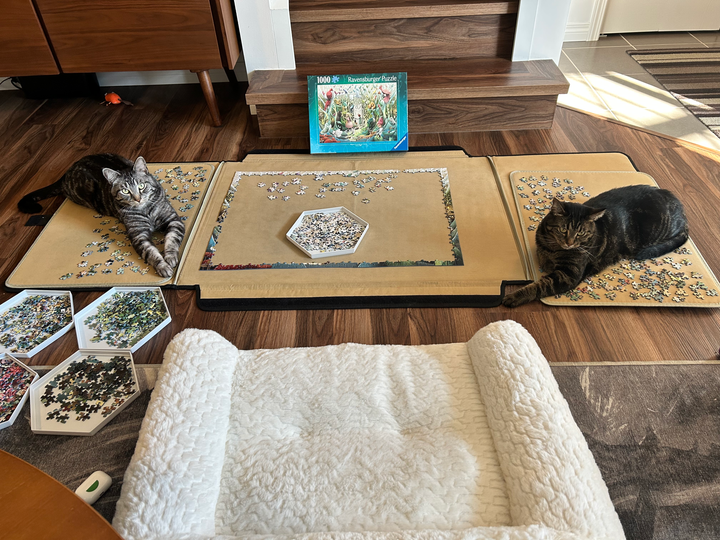You Don’t Need to Have a Near-Death Experience to Change Your Life
Why does it have to take a near-death experience to jar us out of our passive, reactive, approach to life? It doesn’t. Try this instead.

In March 2020 there was a post that went viral on Linkedin by a man named Jonathan Frostick.
In it, Johnathan shared that he had had a heart attack and what being “near-death” had taught him. He said:
- I’m not spending all day on zoom anymore
- I’m restructuring my approach to work
- I’m really not going to be putting up with any s#%t at work ever again - life literally is too short
- I’m losing 15kg
- I want every day to count for something at work else I’m changing my role
- I want to spend more time with my family
It was a stark wake-up call for him to change his life and put his time, energy, and attention into what is actually important to him.
You don’t need to have a near-death experience to change your life
Jonathan’s story is not uncommon. It’s much easier to have clarity on what’s important and what’s not when you have been reminded, in no uncertain terms, that life can change at a moment's notice.
I know that my perception of how I live my life changed a lot after going through my husband’s cancer treatment and recovery, and again, with my own MS diagnosis. For others, the experiences they went through during the pandemic helped them achieve this clarity.
But why does it have to take a near-death experience, illness, the death of a loved one, or a pandemic to jar us out of our passive, reactive, approach to life?
It doesn’t!

Try a daily priority reflection
A little bit of intention and awareness can go a long way to shifting how you perceive your life and help you to pay closer attention to what’s important to you.
A simple way you can be intentional and achieve this awareness (without a major life event!) is by spending a few minutes a day on a daily priority reflection.
What is a daily priority reflection?
A daily priority reflection is when you reflect back each day and ask yourself:
Did I spend any time, energy, and attention on my priorities today?
What you identify as your priorities will vary, but the key is to have clarity on what you want to spend time, energy and attention on and what you actually spend them on.
It’s about being mindful of your days and not passively letting them go by. When you are able to notice what you are doing, you can change or course correct.
How is a daily priority reflection different from a daily reflection practice?
I have written many times about the value of a daily reflection practice in cultivating self-awareness, joy, and even battling perfectionism.
The daily-reflection practice I have suggested in the past focuses on thinking back each day on:
- What went well?
- What was tricky?
- What would I do differently?
- What am I grateful for?
The daily priority reflection is different in that it focuses very specifically on well…your priorities. The regular daily reflection is more a general view of each day, whereas the purpose daily priority reflection specifically notes if you are putting time, energy, and attention into the things you said were important to you.
The goal of a daily priority reflection
The goal of a daily priority reflection is to collect information to inform your decisions about where you spend your time, energy, and attention. Instead of having to be jarred into paying attention, you will:
- Notice priorities that you are neglecting.
- Notice what you are prioritizing OVER what you said was a priority.
- Identify things that you thought were a priority, but in reality, aren’t (at least right now…and that’s ok!).
- Make changes so you are spending time on what's important to you.
How to do a daily priority reflection
1. Brainstorm 5-8 priorities in your life that you want to make sure you are giving time, attention, and energy to.
The number and labels you choose for these priorities don’t matter. Think about:
- The people in your life that you want to spend time with.
- The organizations or communities that are important to you.
- The hobbies that you enjoy.
- The skills or interest areas that you want to hone.
2. Consider the parameters for what “counts” as time, energy and attention on each priority.
For example, some parents might have the experience of ships passing in the night as you share the daily routines of caring for the house and kids before collapsing into bed. While you are doing things “together”, you are not necessarily engaged with each other.
What does it mean to you to give something or someone your time, energy, and attention?
3. List your priorities
In a notebook or spreadsheet, list the priorities you chose horizontally across the top of the page so you have columns and the dates vertically along the left side of the page.
4. Reflect each day and mark what you did
At the end of each day, spend 5 minutes to reflect back on what you did. Answer the question:
Did I spend any time, energy or attention on any of these things?
Mark the priorities you spent time, energy and attention on with an X. Optionally, note what happened on the day if you want to have more context when you look back.
Additional things of note
- It isn’t expected that you will mark off ALL of the priorities every day. In fact, it is unlikely that you will.
- Your priorities can, and likely will, change over time. Something that is a priority now may not be a priority 6 months from now.
- The priorities you choose can be as specific or general as you want.
- I suggest 5-8 priorities but really the number you choose doesn’t matter. Beyond 8 just gets a bit unwieldy to track.
Example priorities
Some examples of priorities include:
- Focussed time with your partner
- Focussed time with your kids
- Focussed time with your friends
- Working on business strategy
- Exercise
- Volunteering
- Networking
- Self-care
- Painting
- Making art
- Writing
- Meditation
- Learning
- Walking
- Reading
- Coding
- Mentorship
- etc…
Example of a daily priority reflection change
You listed engaged time with your partner as a priority. After 3 weeks of marking off what you spent your time, energy, and attention you, notice that you only marked engaged time with your partner as complete once. You know that is not representative of what you want, so you plan a weekly date night and schedule a time each day that is spent together for things like going for a walk or a no-tv/device dinner time.

You can see in the example image the potential for identifying patterns for things you are not paying attention to. In this case, the meditation practice probably needs to be adjusted, and maybe some more focussed time with their partner.
Daily priority reflection template
Here is a Daily Priority Reflection Template (Google Sheet) you can try out.
To download it so you can update it and put in your own priorities:
- Go to File > Download as > Microsoft Excel OR File > Make a copy
- Update the dates to whatever the current date is
- Update the priorities to your priorities
Life is short
It seems trite, but life really is short and it can change in an instant. Don't wait for something terrible to happen to remind you what's important. You have the power to change your life now to make sure you focus your time, energy, and attention on the things that you truly care about.
If you try the daily priority reflection, I would love to hear about your experience! What was it like writing down your priorities? Any surprises? What did you notice as you reflected each day?
Shoot me an email or book a time to chat!
Share
Ashley Janssen

Productivity consultant, writer, speaker, serial entrepreneur, chaos calmer, introvert, cat-lady. Lover of books, fitness, old fashioned’s, basketball, and video games.
Follow me on
Twitter
or
LinkedIn.
Hire me for
1 on 1 productivity consulting
or
speaking.
Related articles

Not An Annual Reflection

The Most Popular Every Intention Articles in 2025


Comments ()